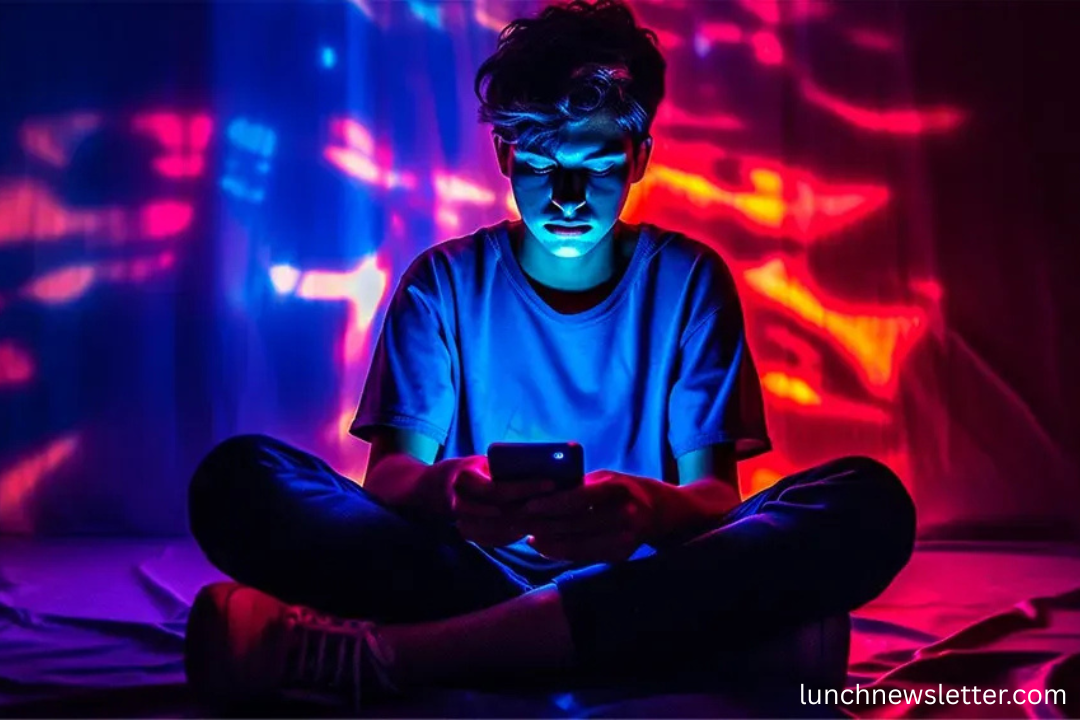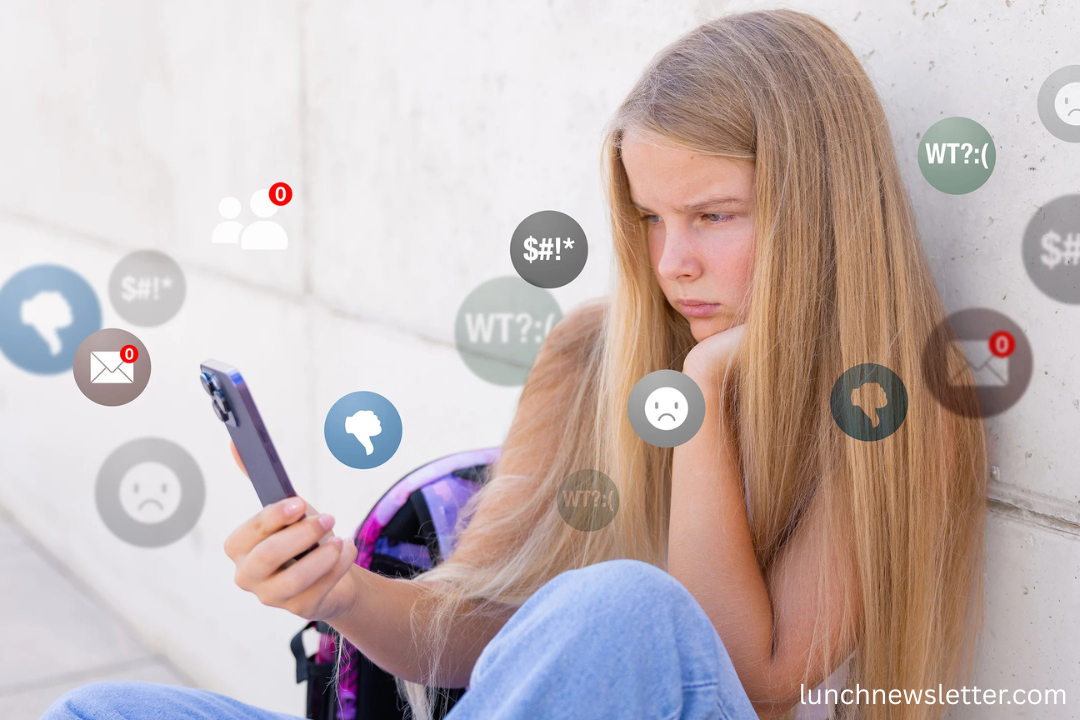Social media has become a powerful force in modern communication, connection, and culture. Particularly among teenagers, platforms like Instagram, TikTok, Snapchat, and YouTube are not just pastimes—they are essential tools for self-expression, learning, and socialization. As debates around internet regulation grow louder, discussions of banning or restricting social media have intensified. However, many teenagers argue that these bans are flawed, impractical, and ultimately ineffective.
How Teens View Social Media in Their Daily Lives
Teenagers today have grown up with social media. For them, these platforms are as natural as texting or calling. Social media offers ways to:
- Stay connected with friends and family.
- Discover educational content.
- Explore hobbies and interests.
- Build communities based on shared experiences.
- Advocate for social change.
For many teens, social media isn’t a distraction; it’s an essential part of how they experience and engage with the world. Banning social media outright risks severing these vital lines of communication and support.
Why Teens Believe Social Media Bans Are Flawed
Disconnection from Reality
Teen users argue that banning social media does not address the root causes of issues like cyberbullying, misinformation, or screen addiction. Instead, it creates an unrealistic expectation that simply removing access will solve complex societal problems.
Lack of Education and Digital Literacy
Teenagers believe that rather than banning social media, more emphasis should be placed on teaching digital literacy. Understanding how algorithms work, recognizing misinformation, and managing time online are crucial skills. Bans do not foster these competencies; education does.
Loss of Opportunities
Social media provides real-world benefits, from scholarship opportunities to networking and entrepreneurship. Teens see bans as closing doors to growth, innovation, and career development that are increasingly digital.
Evasion and Workarounds
History shows that teens are adept at finding ways around restrictions. When adults impose bans, users often turn to lesser-known platforms or use VPNs. Teen users argue that bans don’t eliminate social media use; they simply push it underground.
The Broader Implications of Social Media Bans
Banning social media carries consequences that go beyond teenage users. It raises questions about freedom of expression, access to information, and generational divides.
Impact on Freedom of Speech
Teens emphasize that social media is often their primary platform for voicing opinions on politics, social justice, and climate change. Bans could silence critical voices and limit civic engagement among young people.
Educational Resources and E-Learning
During the COVID-19 pandemic, social media became a tool for remote learning and peer support. Cutting off access would remove valuable educational resources, especially for students in underserved areas.
Social Isolation
Teens already face mental health challenges related to loneliness and anxiety. Many argue that banning social media would worsen these issues by removing easy avenues for social interaction, especially for those who feel isolated in their offline lives.
Alternatives to Banning Social Media
Teen users propose proactive alternatives to address the downsides of social media without resorting to blanket bans.
Promoting Digital Well-Being
Encouraging healthy usage patterns through apps that monitor screen time, mute notifications, or set usage goals can help manage online habits without banning platforms entirely.
Strengthening Online Safety Measures
Instead of banning social media, enforcing stricter age verification, moderating harmful content, and promoting mental health initiatives within platforms could create safer digital spaces.
Fostering Open Communication
Parents, teachers, and teens agree that open conversations about social media—including its risks and benefits—are far more effective than bans. Building trust and understanding is key to responsible usage.
What Experts Say About Social Media Bans
Studies and expert opinions largely align with teen sentiments. According to a report by the American Psychological Association, education, and parental involvement are more successful in mitigating social media risks than outright bans.
Researchers argue that social media can foster positive outcomes when used responsibly, such as enhancing creativity, building social skills, and providing access to information that might not be available elsewhere.
Moreover, experts warn that banning social media could amplify feelings of rebellion among teenagers and weaken the credibility of adults advocating for safe and healthy online behavior.
Global Perspectives on Social Media Bans
In some countries, partial social media bans have been implemented during political unrest or elections. These examples often lead to unintended consequences, such as economic disruption, misinformation spreading through alternative channels, and public outrage.
Teenagers point to these cases as evidence that social media bans rarely achieve their intended goals and often create new problems. They argue for smarter, rights-respecting approaches that preserve social media’s benefits while minimizing its harms.
Social Media and Mental Health – A Complex Relationship

There’s no denying that excessive social media use can negatively impact mental health, but the relationship is nuanced. Teens emphasize that:
- Social media can exacerbate issues like anxiety or depression when used excessively.
- Positive online communities offer emotional support and resources for mental wellness.
- Blanket bans overlook the complexity of how social media affects individuals differently.
Teens advocate for nuanced solutions that consider the varied experiences users have on these platforms rather than one-size-fits-all bans.
Moving Toward a Balanced Digital Future
Teen users envision a future where social media remains a tool for connection, creativity, and change. They call for a balanced approach that includes:
- Education on responsible social media use.
- Policies that protect privacy and security without stifling expression.
- Platforms take greater responsibility for harmful content.
For teens, the goal is not to eliminate social media but to create a healthier digital environment where everyone can thrive.
Frequently Asked Questions (FAQ’s)
Why do teens believe social media bans are flawed?
Teens argue that social media bans do not address core issues like digital literacy or online safety. Instead, they believe education and more innovative policies are needed.
How important is social media in a teenager’s life?
Social media plays a significant role in teens’ lives, helping them connect, learn, advocate, and build communities. It is seen as essential, not optional.
Are there alternatives to banning social media?
Yes, alternatives include promoting digital literacy, improving online safety, encouraging balanced usage, and fostering open conversations about online behavior.
What risks come with banning social media?
Banning social media can lead to loss of free speech, social isolation, missed educational opportunities, and teens finding unsafe alternative platforms.
How does social media impact teen mental health?
Social media can both positively and negatively impact teen mental health. It can foster support communities but may also contribute to anxiety and depression when misused.
Can regulating social media be more effective than banning it?
Teens and experts agree that regulation, such as more vigorous age verification and content moderation, is a more practical and effective solution than outright bans.
What do experts say about social media bans?
Experts suggest that education and parental involvement are more effective than bans, highlighting that responsible social media use offers significant benefits.
How can teens use social media responsibly?
Teens can use social media responsibly by managing screen time, following trustworthy sources, engaging positively, and practicing good digital citizenship.
Conclusion
Teens are not naïve about the challenges social media presents. However, they see bans as short-sighted, ineffective, and ultimately harmful solutions. Listening to teen users reveals a strong desire for thoughtful, informed, and balanced approaches to managing social media in society. By involving young people in the conversation, policymakers, educators, and tech companies can better address the real issues without stripping away the valuable benefits social media offers. Canada and the world at large must find ways to harness social media’s positive power rather than fearfully dismantling it.

